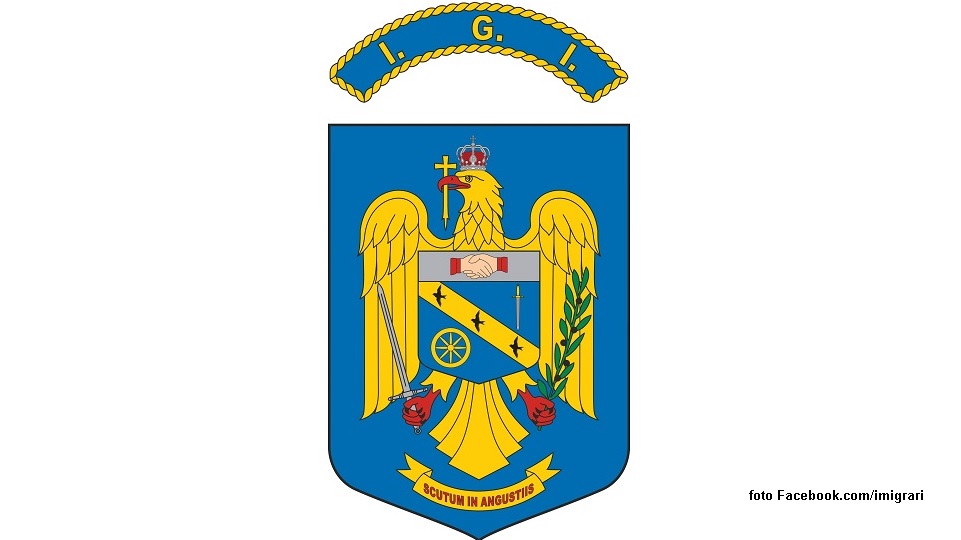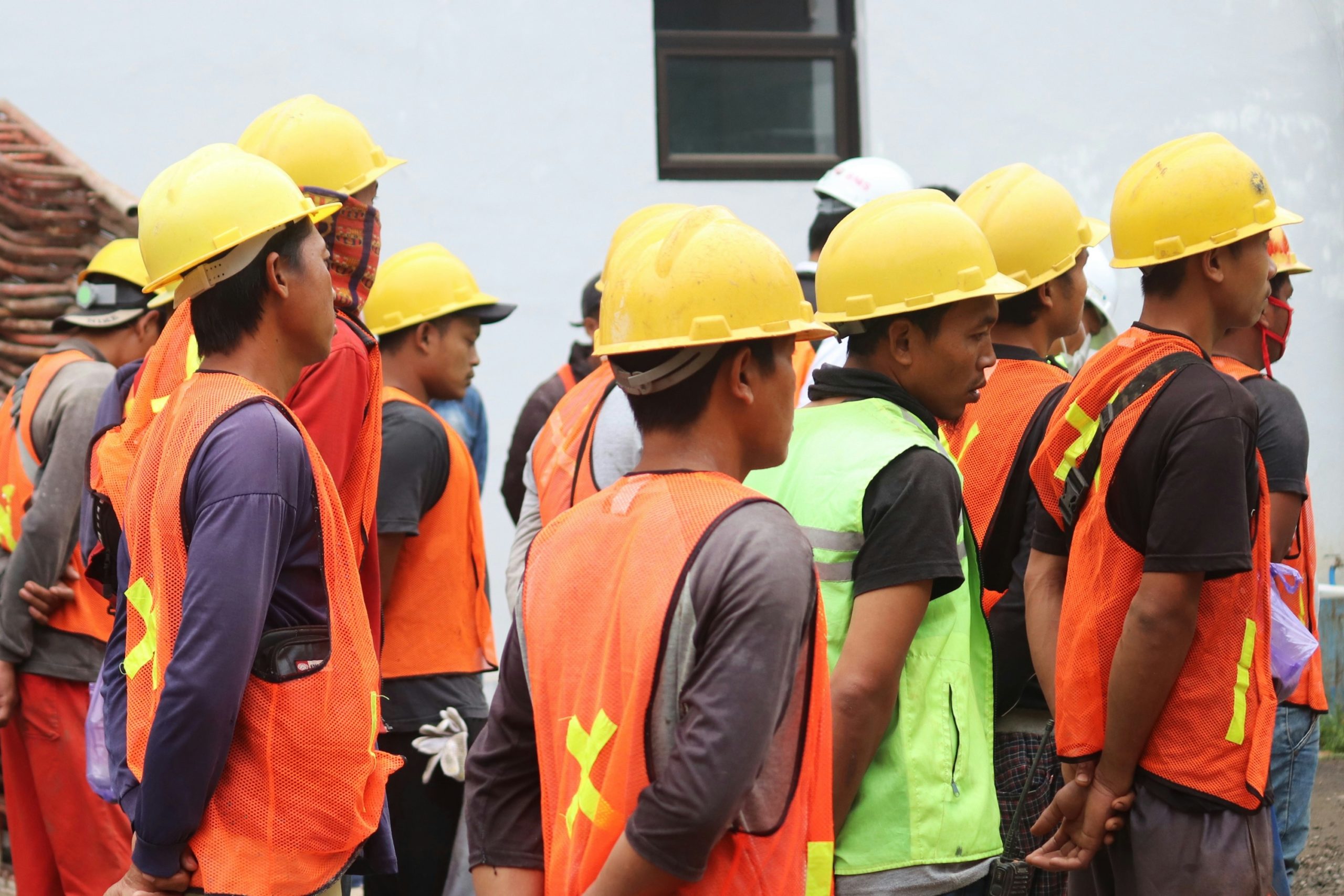From workforce exports to solution imports
Romania has issued only 57,111 of the 3.5 million new work permits granted by the EU.

Romania has issued only 57,111 of the 3.5 million new work permits granted by the EU.
Furthermore, according to Eurostat, which counts residence permits issued for changing (non-EU) status within the country, Romania registered only 643 such documents last year (compared to France – 200,163, Poland – 17,486, Bulgaria – 1,984), ranking 27th in the European Union, data released by the National Confederation for Women’s Entrepreneurship show.
The Confederation argues that Romania must revise its migrant retention policies, given a population in rapid numerical decline. Solutions for integrating and assimilating workforce from outside the EU are the only panacea, according to the aforementioned source.
Romania’s GDP is heavily dependent on those who have left the country to work abroad (2.5% in 2024, according to the World Bank) and it still needs strong levers to address the aging workforce and also to increase the employment rate of people in certain age brackets.
Migration is not a valve that can be turned on or off as we want, and migrant reception centers in EU satellite countries have proven to be a costly failure in implementation. The President of the European Alliance for Migration, Cătălin Orezeanu, has warned that if Romania does not create clear paths for the integration and retention of migrants with added value potential, it will find itself assaulted by a social class with limited formal education, a criminal potential and dangerous vulnerabilities to populist discourses.



